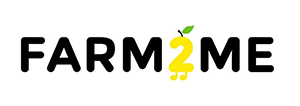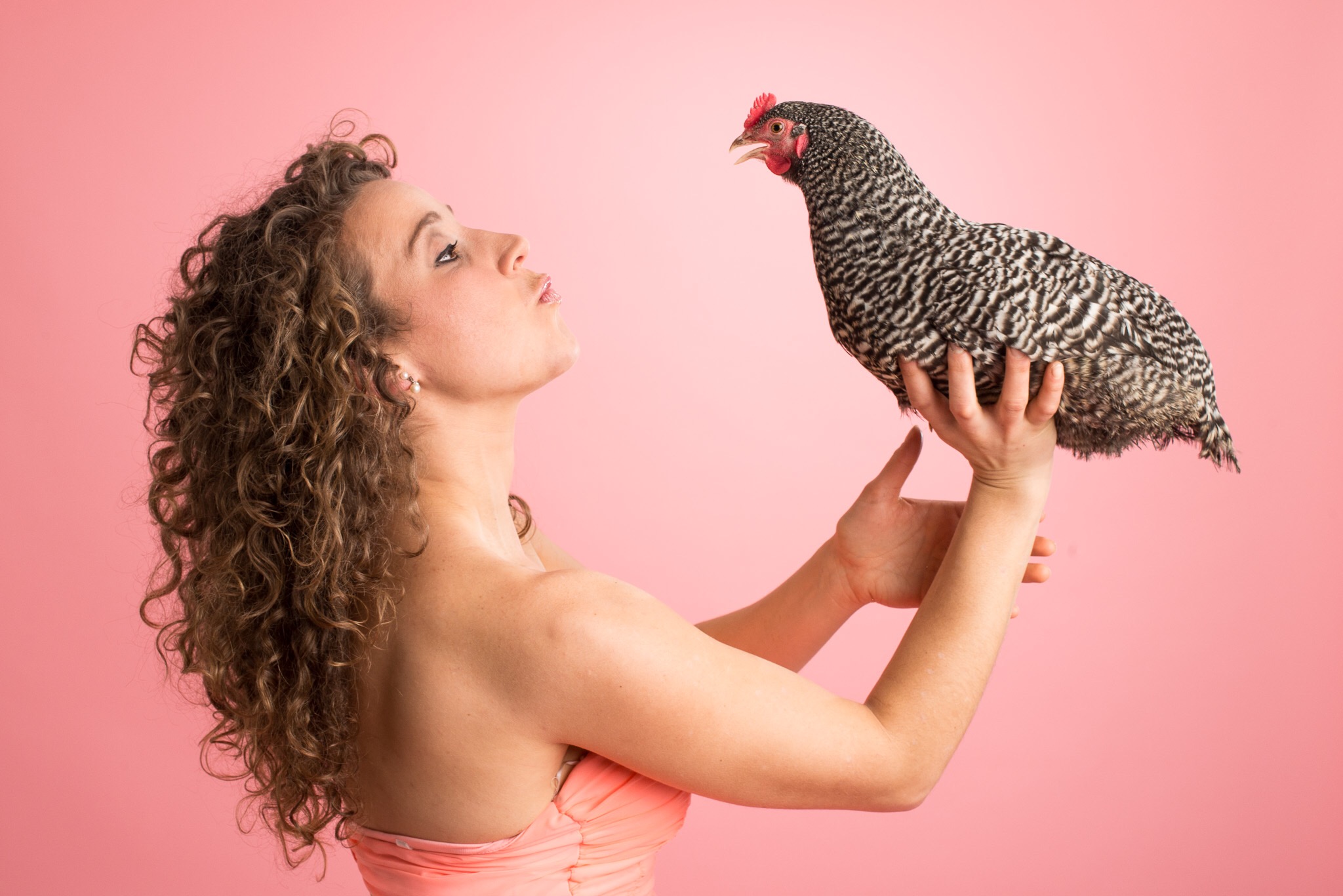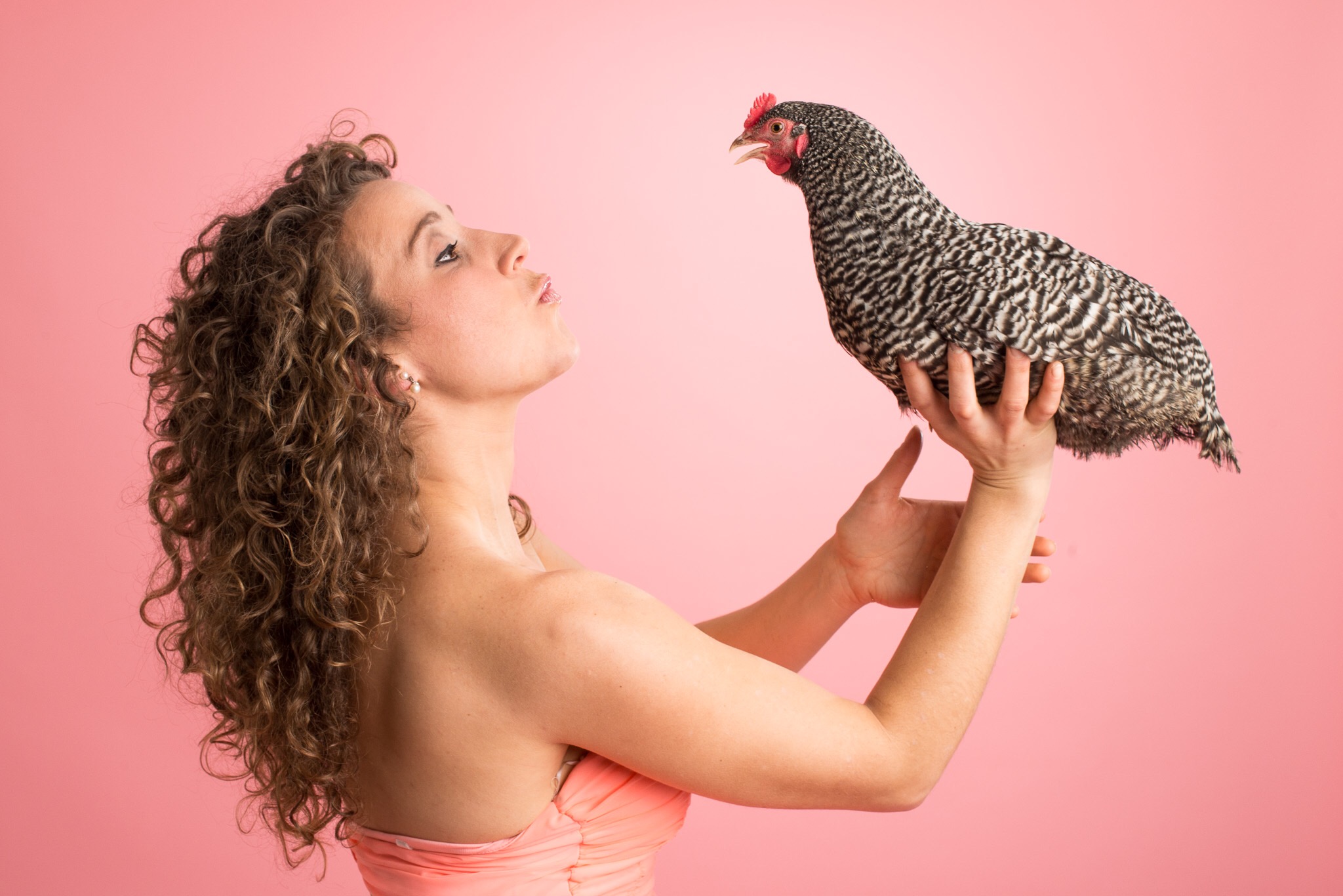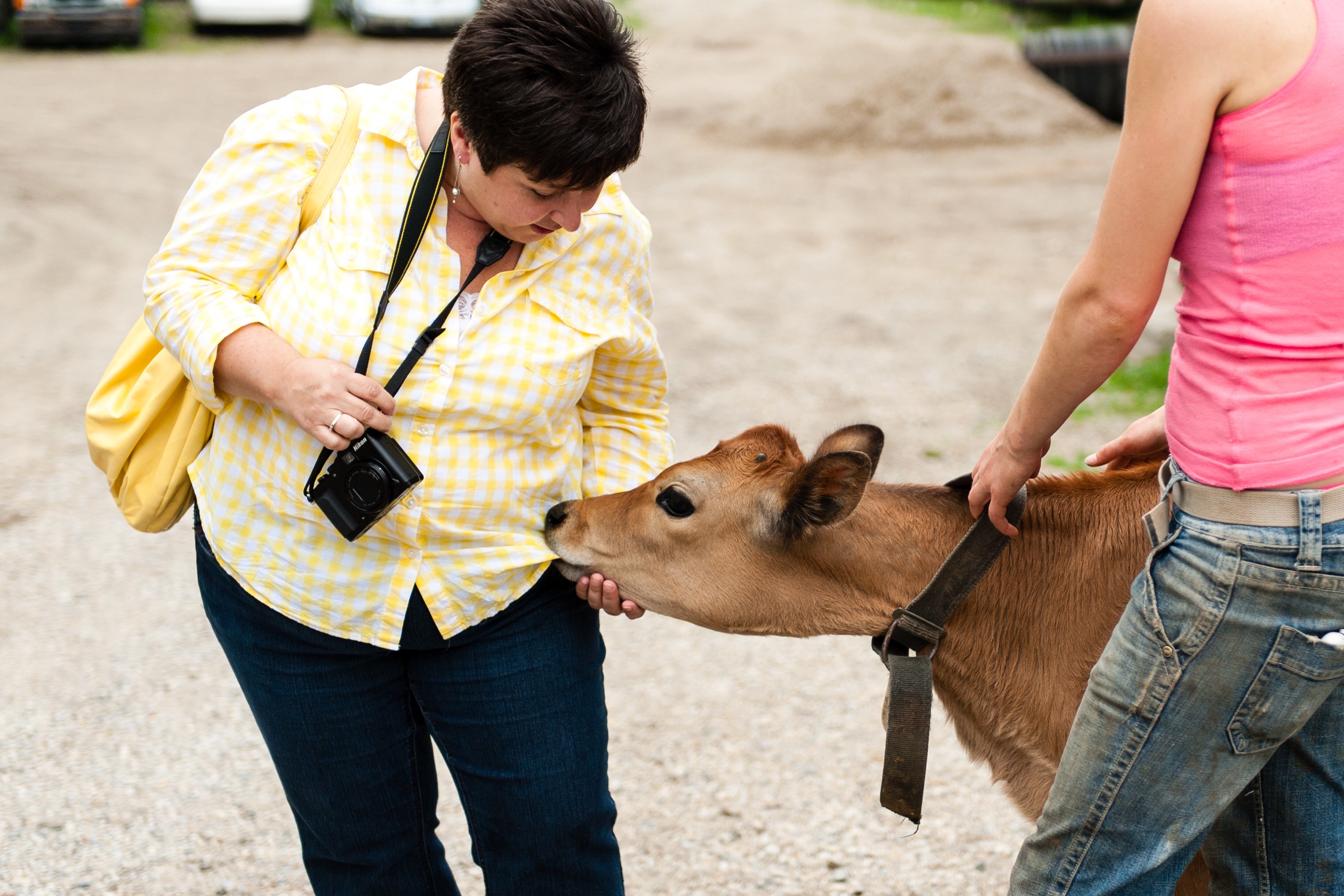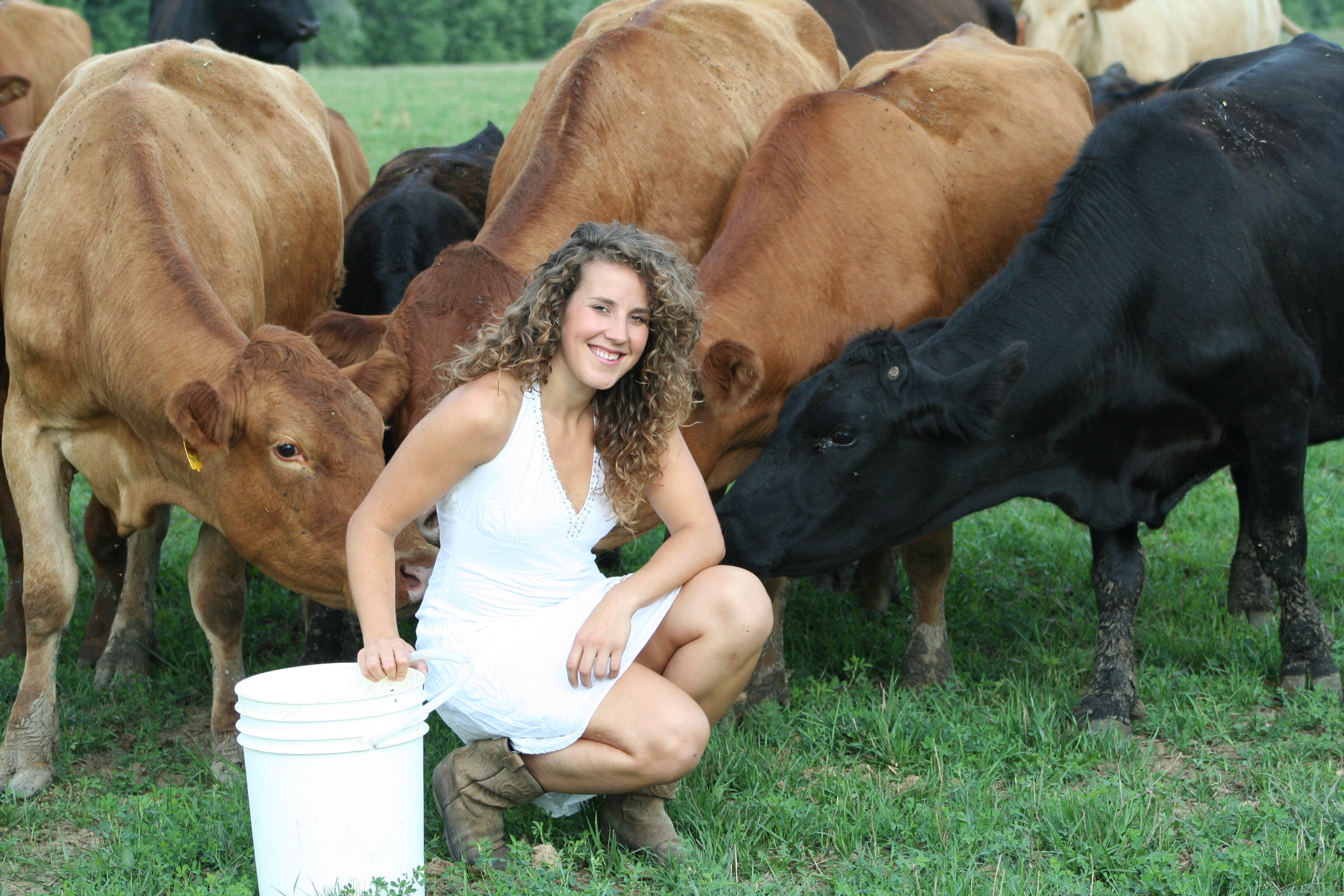by Melissa Baer
The business of food is a very big business. Who’s business is it though? There are major grocery chains, major wholesale food companies, major processing companies, and major restaurant chains. There are whole government organizations and regulatory bodies involved with food, food and agriculture scientists, publicly owned food companies, food and agriculture lobbyists and private sector. There is also the small farmer, the medium sized farmer, the large commercial farmer and the backyard gardener.
In the end, all of this food is destined for the consumer’s mouth.
So who should really be in charge of our food?
We’ve all heard of a participatory government philosophy, one in which those who are being governed are given the ability to have a say. – That’s you, the citizen!
I propose the idea of a participatory food system.
Supermarket
Easy
It is a lot easier to go to the grocery store and to know that food in some shape or form will be there.
Not Easy
It is not easy to participate in your food chain and to actively take a role in shaping it.
If we think back 80 years about farming, as we know it today was not a profession really. It was a way of life. It was necessary to provide the food with which you nourished your families. Sure there was some trading amongst neighbours, nothing like we see it today.
If we want to have a healthy food diet we need to participate in the food system. The more we become dispassionate about how we feed and care for our bodies the more there is only a few voices (3) shaping the food system, health system and agriculture system as we know it today. If we stop, so do our choices.
Currently, depending where you live there are already a serious lack of choices. How far down this road are we willing to go before enough is enough. Just as the country’s earth is eroded, so will our food choices and health choices.
So I ask again, who’s job is it to stop this progression down the slippery food slope?
Lack of choices can include:
-inability to save or grow seed
-inability to grow food on your own property,
-inability to grow food in public spaces,
-inability to grow your own animals,
-inability to butcher your own animals,
-inability to get animals butchered in an inspected facility due to widespread shut down and centralization,
-inability to sell goods from roadside stands,
-inability to share food amoungst friends or swap preserves,
-inability to drink fresh milk,
-inability to make your own cheese, butter,
-inability to access pasture raised poultry due to quota and strict regulations around quantities,
-inability to prepare food for sale to the public,
-inability to provide an outlet for sale of food due to zoning and bylaws.
I ask you again, who’s business is the business of our food system?
We can’t expect other people, farmers included to know what is important to us, we need to PARTICIPATE, we need to get out there, know where our food is coming from and understand the conditions the farmer’s have to face, the regulations that often prohibit access to food. Do you know what safe guards are in place to provide you safe food? Do you realize the consequences of some of these regulations, have you stopped to think whether this is ok or not – for you, your family, and future family 30 years from now.
Joel Salatin says to his interns “you can make suggestions and comments, once you understand the reasons why we do the things we do.” Maybe you will be ok with it, maybe you won’t, right now however we remain ignorant and have no choice but to accept what is provided to us because we don’t ask questions and we buy what is provided at the grocery store.
How do we bridge the gap, start building communities again and trust around our food? Trust has been so lost, distance both literal and figurative has been put between grower and eater. Farmer’s eat but eaters don’t farm. If we were to be inquisitive about our food again and participate in it, maybe we could build back the trust that has been so lost, maybe we’d rely less on the government’s opinion of what is safe and what isn’t and maybe we’d be able to look into the eyes of the farmer, after having done some hard labour along side him or her and know that what you are putting in your body is nourishing and healthy for you.
I say the business of food is each of our business, it’s not big business’ job, it’s not government’s job, it’s not lobbyist’s job, it’s not even JUST the farmer’s job. It’s our job. In a participatory food system, whomever eats shall bear the responsibility of ensuring the food they eat is their choice and not stuff your head in the sand and claim ignorance. Just as you can’t claim ignorance to the law, so shall you not claim ignorance to your food.
Your food is YOUR business, our food is OUR business. What do we want?
Melissa, also known widely as The Farmer’s Daughter grew up on a certified organic grass fed beef farm. Attended business school at Western University and uses her very unique up bringing to empower others around the food they eat, their health and taking massive action towards optimal health and not settling for what she calls ” the new normal- tolerating things because everyone experiences it”. She does one on one coaching but also leads workshops. Monthly “Dinner with the Farmer’s Daughter” events are held onsite at the farm which include a five-course meal and tour of the farm. For more info.

